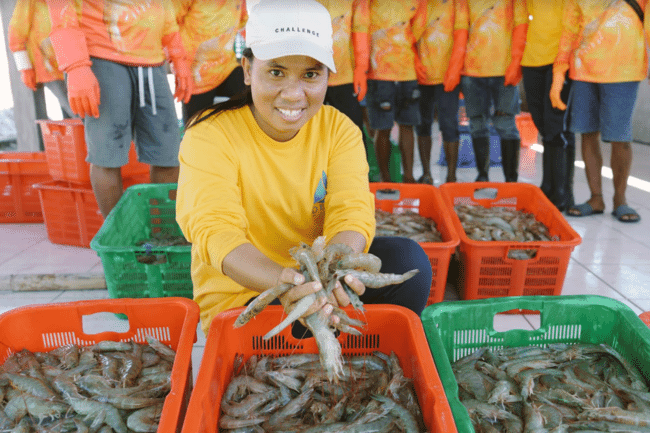
The idea for the GEDs sprung from the recommendations of a global survey conducted by the international non-profit Women in the Seafood Industry (WSI) in 2018, in which 61 percent of the women respondents reported gender inequalities compared to 38 percent of men. WSI was a significant contributor and collaborator on the initial development of the GEDs.
Becca Williams, the GED program manager at SAGE, will lead the inaugural cohort of industry leaders – from Fortune Fish and Gourmet, Seattle Fish Co, and Acme Smoked Fish – through a series of virtual meetings over the course of a year. Beginning with a primer on key issues and information, the programme will progress to alignment on challenges, priorities and commitments to action and then culminate in the adoption of tools that participants can use to implement commitments while measuring and monitoring their progress.
Julie Kuchepatov, founder of Seafood and Gender Equality (SAGE), explains in a press release: “After two years of development, I’m thrilled to see such important leaders in the North American seafood industry committing to both collective and individual action to address these challenges and usher in a new era of the seafood sector – one that prioritises inclusivity and equality.”
When asked why Acme Smoked Fish is participating in the GED, Rob Snyder, chief people and sustainability officer said: “There has never been anything like the GED in seafood, and the sector is ripe for change. We are excited to be part of this effort driving towards a more equitable sector, as younger generations are coming up and demanding holistic sustainability efforts that include not only addressing environmental sustainability, but gender inequalities as well.”
Replying to the same question, Hamish Walker, chief sustainability and operations officer at Seattle Fish said: “The Gender Equality Dialogues are for anyone who recognises that the industry has a gender inequality problem but isn’t sure of the various ways that it exists and how to address it. This programme is perfect for us because we are ready and willing to do the work, and now will have a structure and tools for taking action.”
The GEDs are funded by generous contributions from Builders Initiative, the David and Lucile Packard Foundation, the Walton Family Foundation and Sea Pact.


